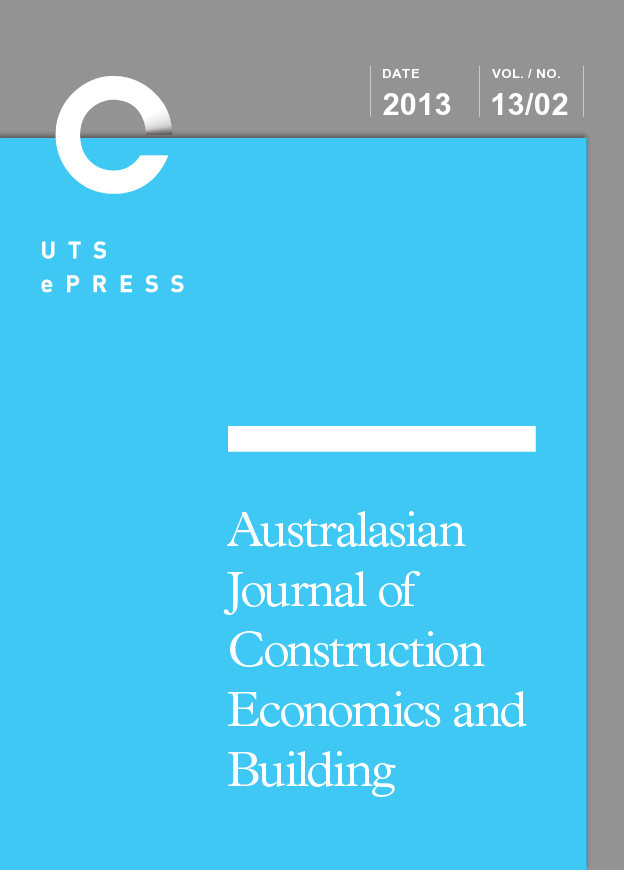Demolish or refurbish – Environmental benefits of housing conservation
Main Article Content
Abstract
Climate change and energy efficiency are some of the most pressing issues facing China today. With its economic growth since 1978, the government has struggled to contain environmental damages and social unrest related to the economy’s rapid transformation. With the rapid growth in population and urbanization the demand for housing has escalated and traditional housing has been under threat of demolition to make way for new construction. Traditional housing is generally considered wasteful in its use of land and/or energy, and is often demolished for more intensive and more energy-efficient housing, despite the resulting loss of embodied energy and urban amenity. A research project was undertaken to study the environmental performance of traditional housing in Hangzhou. The project looks into analyzing and comparing embodied energy and CO2 for seven dwellings. In addition indoor climate data were recorded and collected in the form of hourly temperature and humidity readings for one year in six local houses and in a modern unit as a control for one year. The research results reveal that there is little difference in environmental performance between traditional and conventional modern construction and the value of conservation rather than demolition as a strategic development for the construction industry.
Article Details
Section
Authors who publish with this journal agree to the following terms:
a) Authors retain copyright and grant the journal right of first publication with the work simultaneously licensed under a Creative Commons Attribution License that allows others to share and adapt the work with an acknowledgement of the work's authorship and initial publication in this journal.
b) Authors are able to enter into separate, additional contractual arrangements for the non-exclusive distribution of the journal's published version of the work (e.g., post it to an institutional repository or publish it in a book), with an acknowledgement of its initial publication in this journal.
c) Authors are permitted and encouraged to post their work online (e.g., in institutional repositories or on their website) prior to and during the submission process, as it can lead to productive exchanges, as well as earlier and greater citation of published work (See The Open Access Citation Advantage Service). Where authors include such a work in an institutional repository or on their website (ie. a copy of a work which has been published in a UTS ePRESS journal, or a pre-print or post-print version of that work), we request that they include a statement that acknowledges the UTS ePRESS publication including the name of the journal, the volume number and a web-link to the journal item.
d) Authors should be aware that the Creative Commons Attribution (CC-BY) License permits readers to share (copy and redistribute the work in any medium or format) and adapt (remix, transform, and build upon the work) for any purpose, even commercially, provided they also give appropriate credit to the work, provide a link to the license, and indicate if changes were made. They may do these things in any reasonable manner, but not in any way that suggests you or your publisher endorses their use.
